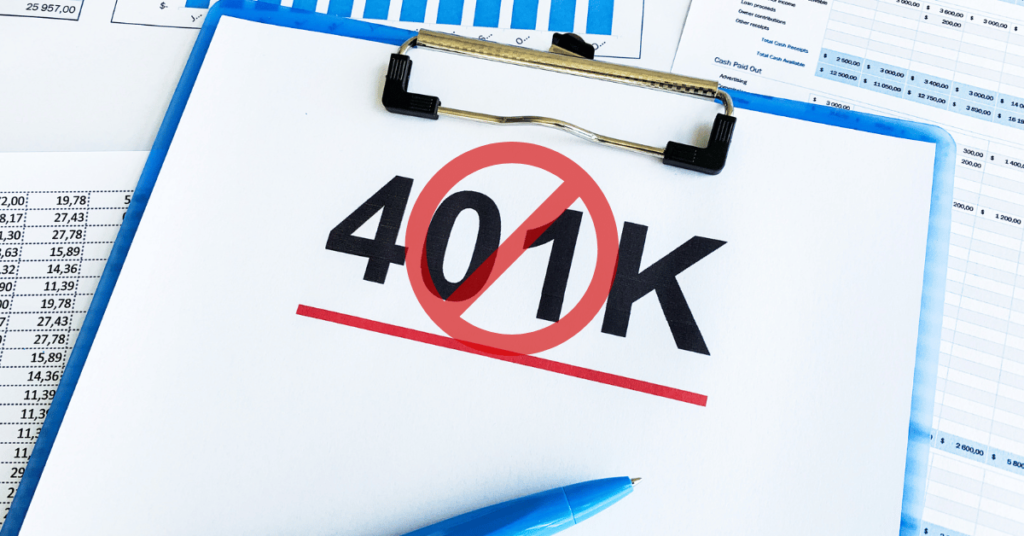Retirement brings new financial challenges, especially when transitioning from a regular income to fixed sources like Social Security, pensions, or savings. Managing expenses effectively with a post-retirement budget is essential for ensuring financial stability and peace of mind.
This article will guide you through creating a post-retirement budget, exploring essential expenses, tips for cutting costs, and strategies for long-term financial planning.
Assessing Your Income Sources

Before creating a budget, it’s important to understand where your income will come from during retirement. Common income sources include:
Social Security
Social Security provides a base income for many retirees. Your benefit amount depends on your earnings history, the age you start claiming benefits, and whether you choose to delay your claim for a higher payout.
Retirement Accounts (401(k), IRA, etc.)
If you’ve contributed to retirement savings accounts, these will be a major source of income. You can set up regular withdrawals or withdraw funds as needed.
Pensions
Some retirees may receive pension income from previous employers, though this is becoming less common for younger workers.
Part-Time Work or Freelancing
Many retirees choose to work part-time or freelance, providing supplemental income while allowing for a flexible lifestyle.
Identifying Essential Expenses
Once you know your income, you can begin identifying essential expenses. These are the costs that you must cover to maintain a comfortable standard of living.
Housing
Housing will likely be one of your largest expenses in retirement. Whether you own your home, rent, or live in a retirement community, it’s essential to budget for housing costs.
- Mortgage or Rent Payments: If you haven’t paid off your mortgage, this will be a significant monthly expense. If you rent, be sure to factor in any annual increases.
- Maintenance and Property Taxes: Homeowners will need to budget for maintenance costs and property taxes, which can vary significantly depending on location.
- Utilities: Electricity, gas, water, and other utilities should be included in your monthly budget.
Healthcare
Healthcare costs tend to rise as you age, so it’s crucial to allocate enough of your budget for medical expenses.
- Medicare: While Medicare covers many healthcare needs, it doesn’t cover everything. Plan for premiums, deductibles, and out-of-pocket costs.
- Medigap or Supplemental Insurance: You may need supplemental insurance to cover what Medicare doesn’t, such as dental, vision, and prescription drugs.
- Long-Term Care: Consider whether long-term care insurance is necessary to cover potential future care needs like nursing homes or in-home care.
Food and Groceries
Grocery bills can fluctuate depending on your dietary needs and preferences. Keep track of your spending and adjust your budget to avoid overspending in this area.
Transportation
Retirees still need to budget for transportation, whether that includes maintaining a car, public transit, or rideshare services.
- Car Payments and Insurance: If you own a car, budget for payments, insurance, fuel, and maintenance.
- Public Transportation: Consider public transit options, especially if you plan to live in an urban area.
Insurance
Beyond health insurance, consider budgeting for home, life, and auto insurance. Review policies annually to ensure you’re getting the best rates.
Managing Discretionary Expenses
Discretionary expenses are non-essential costs that support your desired retirement lifestyle. These can vary greatly depending on your personal preferences.
Travel and Leisure
Many retirees plan to travel during their golden years. Include this in your budget if travel is a significant part of your retirement plans.
- Vacations: Budget for annual vacations or short trips, considering transportation, accommodation, and entertainment costs.
- Hobbies: Retirement provides more time for hobbies, whether that’s golfing, gardening, or crafting. Set aside a portion of your budget for leisure activities.
Entertainment
Whether it’s dining out, attending concerts, or going to the movies, entertainment costs should be part of your discretionary spending.
Tips for Cutting Costs in Retirement

As you adjust to a fixed income, finding ways to reduce your expenses can help you stay within budget and avoid financial stress.
Downsize Your Home
If your home is too large or expensive to maintain, downsizing to a smaller property or moving to a more affordable area can save money on housing costs.
Reduce Utility Costs
Take steps to reduce utility bills, such as installing energy-efficient appliances, using programmable thermostats, and being mindful of electricity usage.
Use Senior Discounts
Many businesses offer senior discounts on everything from groceries to entertainment. Always ask about discounts when making purchases.
Consolidate Debt
If you’re carrying high-interest debt into retirement, consider consolidating or paying it off to reduce your monthly expenses.
Cut Back on Dining Out
While dining out can be enjoyable, it’s often more expensive than cooking at home. Reduce the frequency of eating out to save money.
Creating a Budget Plan
Now that you’ve identified your income and expenses, it’s time to create your budget. Follow these steps to ensure financial stability:
Step 1: List Your Monthly Income
Add up your income sources to calculate your total monthly income. This figure will be the foundation of your budget.
Step 2: List Your Fixed Expenses
List your essential expenses (housing, healthcare, insurance, etc.) and calculate their monthly total. These are the expenses you cannot eliminate, so they should be prioritized in your budget.
Step 3: Allocate Discretionary Spending
After accounting for fixed expenses, allocate a portion of your remaining income to discretionary spending. Be mindful not to overspend in this category, as it can lead to budget shortfalls.
Step 4: Monitor and Adjust
Your post-retirement budget should be flexible. Track your spending regularly and make adjustments as needed to stay within your income limits.
Conclusion
Creating a post-retirement budget is crucial for managing your finances effectively and ensuring a comfortable lifestyle. By understanding your income sources, identifying essential and discretionary expenses, and implementing cost-saving strategies, you can navigate retirement with confidence. Regularly revisiting and adjusting your budget will help you stay on track and make the most of your golden years.
If you have any further questions feel free to comment down below or contact retiresmart for any help!
FAQs
What is the best way to create a post-retirement budget?
The best way is to first assess your income sources and fixed expenses. Allocate funds for discretionary spending and make adjustments as needed to stay within your income limits.
How can I reduce my housing costs in retirement?
You can downsize your home, move to a more affordable location, or refinance your mortgage to lower housing expenses.
How do I budget for healthcare in retirement?
Include Medicare premiums, supplemental insurance, and out-of-pocket costs in your budget. Consider long-term care insurance for future healthcare needs.
What are some ways to cut discretionary spending?
Cut back on dining out, use senior discounts, reduce travel expenses, and lower entertainment costs by finding free or low-cost alternatives.
Is it important to revisit my retirement budget regularly?
Yes, regularly revisiting your budget allows you to make adjustments based on changes in income, expenses, or financial goals.




